Ankara bridges NATO-Egypt relations amid regional security challenges
- Update Time : Sunday, April 27, 2025
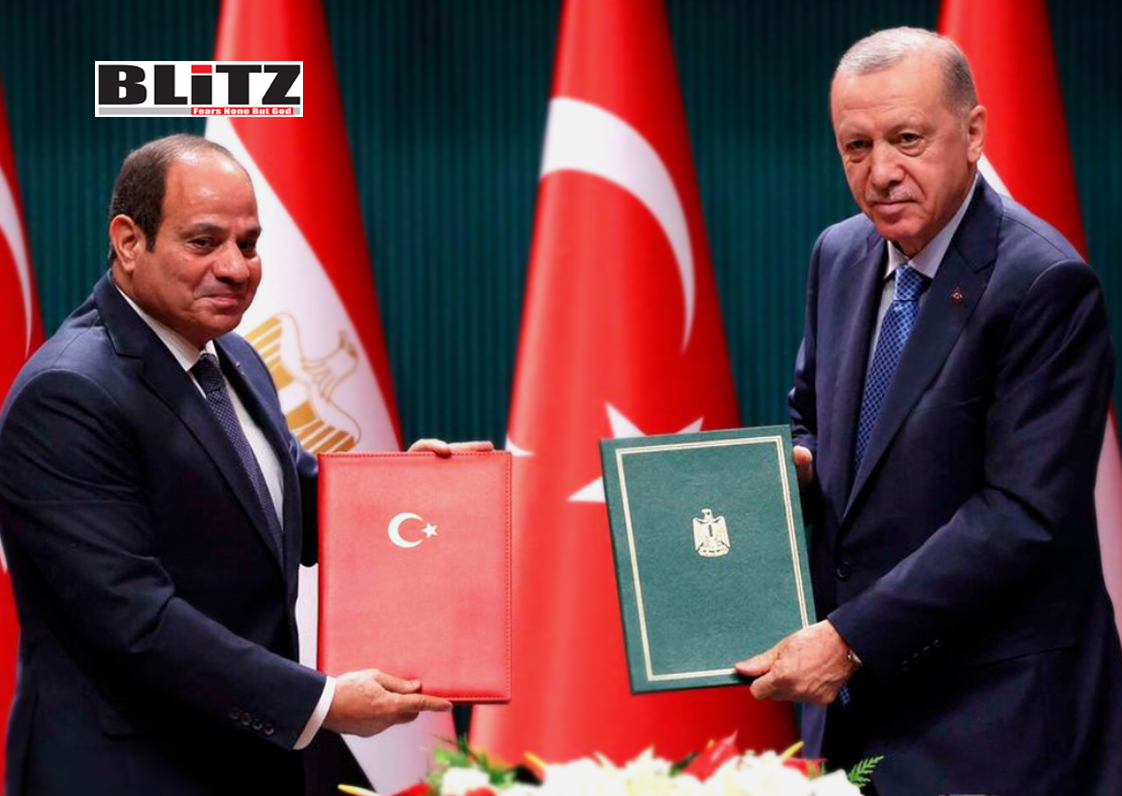
Ankara’s foreign policy ambitions have taken a new turn as Türkiye intensifies efforts to foster closer ties between NATO and Egypt. This strategic move underscores Türkiye’s evolving role within the alliance, while simultaneously reflecting Ankara’s broader geopolitical calculations in the eastern Mediterranean and North Africa. As regional instability persists, particularly in Libya and Gaza, Ankara sees strengthening Cairo’s relations with NATO as a way to bolster both regional security and its own diplomatic leverage.
The roots of Egypt’s cautious attitude toward NATO date back to the alliance’s controversial intervention in Libya in 2011. At the time, Cairo viewed NATO’s military actions not as a solution, but as a catalyst for greater chaos in Libya, exacerbating regional instability and creating dangerous security vacuums. Türkiye, a NATO member, initially shared this skepticism, opposing the intervention due to fears it would lead to deeper turmoil. However, Ankara eventually joined the mission, albeit reluctantly, highlighting the complex balancing act it often faces between alliance commitments and regional instincts.
The Libya intervention contributed significantly to the Middle East’s persistent mistrust of NATO. Public opinion in the region has long been wary of foreign military involvement, and the events in Libya only reinforced perceptions of NATO as an actor willing to disrupt local orders without ensuring stability. Moreover, the absence of a structured strategic dialogue between NATO and key Arab states like Egypt further widened this gap, creating a relationship defined more by suspicion than cooperation.
Today, Türkiye is working to change that narrative. Acting as NATO’s official contact point with Egypt, Türkiye is determined to enhance dialogue, cooperation, and public understanding of the NATO-Egypt relationship. This new approach was symbolized by an event hosted last week at the Turkish Embassy in Cairo, where officials from Türkiye, Italy, and Egypt gathered to discuss the future of NATO-Egypt relations and the Southern Neighborhood Action Plan, adopted at NATO’s 2024 Washington Summit.
A key outcome of the event was the launch of a joint initiative aimed at deepening ties between NATO and Egypt, without Egypt seeking formal membership. Instead, the initiative is seen as an extension of Egypt’s longstanding policy of cooperating with the alliance through frameworks like the Mediterranean Dialogue – a forum established in 1994 to facilitate political dialogue between NATO and seven Mediterranean countries, including Egypt.
Notably, Türkiye’s role in this process marks a significant shift from past policies. For years, Ankara had blocked Egypt’s partnership activities with NATO, leveraging its influence within the alliance to limit Cairo’s engagement. However, in 2021, Türkiye reversed course, removing its block and supporting Egypt’s full participation in NATO’s Mediterranean Dialogue. This decision helped pave the way for the normalization of Turkish-Egyptian relations, which had been strained since the 2013 ouster of Egypt’s elected president, Mohamed Morsi, a figure supported by Ankara.
The broader regional context has played a crucial role in driving this rapprochement. The war in Gaza has served as a unifying factor, with both Ankara and Cairo strongly critical of Israeli military actions. Their shared views on Gaza have provided a foundation for wider cooperation, and both capitals have emphasized the need to stabilize Libya as a mutual priority. These converging interests have, in turn, made closer NATO-Egypt relations more feasible, with Türkiye acting as a bridge.
Libya remains a particularly critical concern. More than a decade after NATO’s intervention, Libya is still grappling with deep political divisions, the proliferation of armed groups, and a fragile security environment. For Egypt, Libya’s instability presents a direct national security threat, particularly along its western border. NATO, too, sees Libya’s chaos as a threat particularly due to concerns about terrorism, arms smuggling, and uncontrolled migration into Europe. While Egypt and NATO may differ on tactics, they share the broader goal of stabilizing Libya, creating an important opportunity for pragmatic cooperation.
Türkiye’s motivations are multifaceted. First, Ankara views improved ties with Egypt as vital for enhancing its own influence in the eastern Mediterranean – a region critical to its energy security and foreign policy priorities. Relations in the region have been challenging for Türkiye, particularly given its exclusion from the East Mediterranean Gas Forum, an organization dominated by Greece, Cyprus, Israel, and Egypt. Although Egypt is unlikely to abandon its existing regional alliances, better relations with Ankara could temper Cairo’s participation in initiatives perceived as hostile to Turkish interests.
Second, Türkiye and Egypt share strong economic incentives to collaborate in Libya. Both countries face serious economic challenges at home, and Libya’s reconstruction offers potential opportunities for investment, trade, and labor exports. A cooperative approach to Libya could thus yield mutual economic benefits, while also serving NATO’s broader interest in regional stability.
Finally, Türkiye sees the strengthening of NATO’s ties with Middle Eastern states as a way to assert its value within the alliance. By playing a central role in bridging relations between NATO and Egypt, Türkiye positions itself as an indispensable mediator, able to align Western security objectives with regional realities. This enhances Ankara’s influence within NATO, which has sometimes been strained in recent years over disputes such as defense procurement and differing views on Middle Eastern conflicts.
For Egypt, cooperation with NATO – facilitated by Türkiye – offers the chance to strengthen its military capabilities and security partnerships without becoming entangled in the alliance’s more controversial military engagements. Given Cairo’s longstanding preference for strategic autonomy, this pragmatic approach allows Egypt to benefit from NATO’s resources and expertise while preserving its independent foreign policy posture.
The path forward, however, is not without obstacles. Deep-seated mistrust of NATO persists among both Egyptian elites and the public. Moreover, regional tensions, particularly regarding Libya and the eastern Mediterranean, could complicate efforts at deeper cooperation. Nonetheless, the alignment of interests – stabilizing Libya, managing migration flows, and countering terrorism – provides a strong incentive for continued dialogue.
Türkiye’s role will be critical. Ankara must carefully navigate its bilateral relationship with Egypt while managing its responsibilities within NATO. Success will depend on Ankara’s ability to demonstrate that its mediation benefits all parties – enhancing regional stability, advancing NATO’s southern strategy, and reinforcing Türkiye’s own strategic interests.
In an era of rapidly shifting alliances and enduring conflicts, the strengthening of NATO-Egypt ties through Turkish diplomacy may represent a rare example of pragmatic cooperation, driven not by ideology, but by the hard realities of regional security.


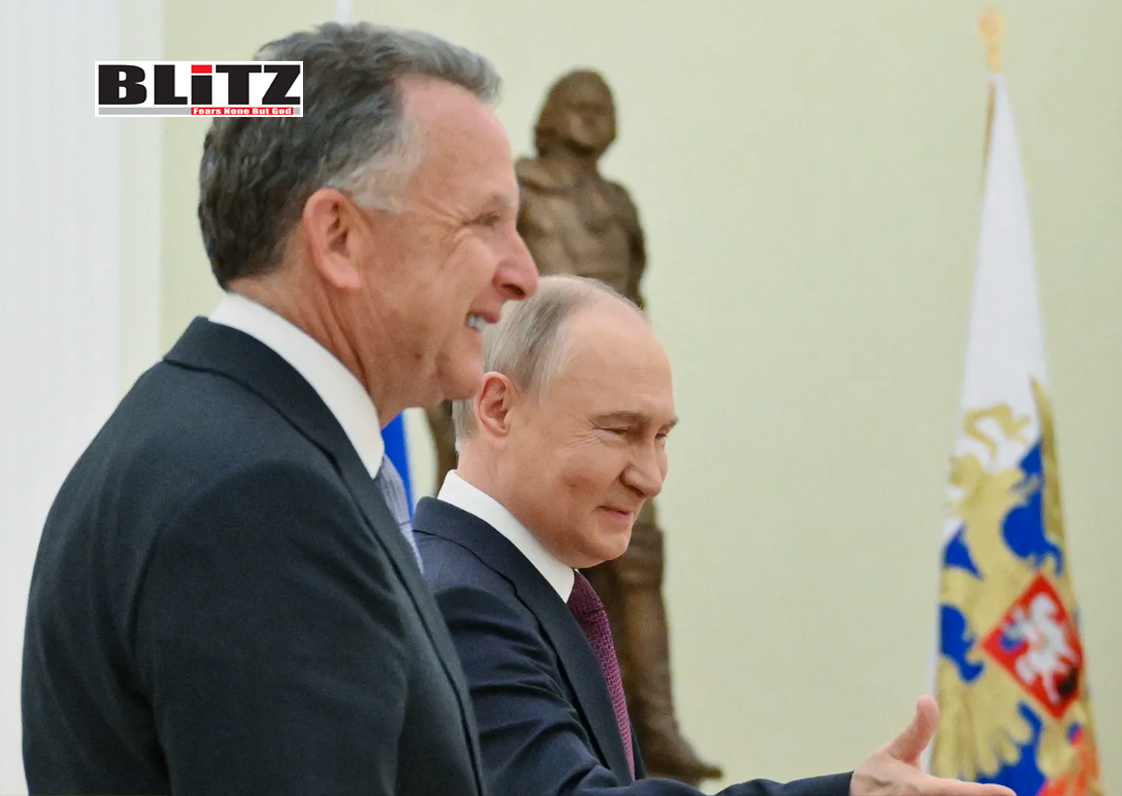
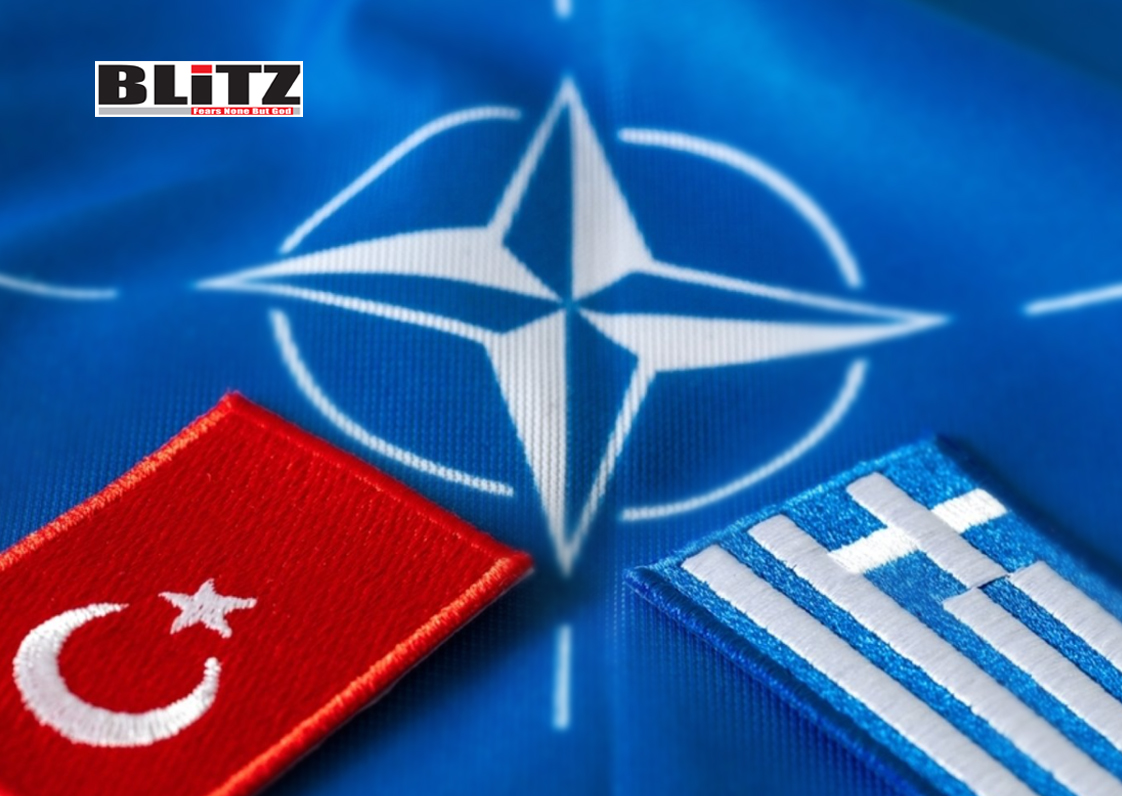


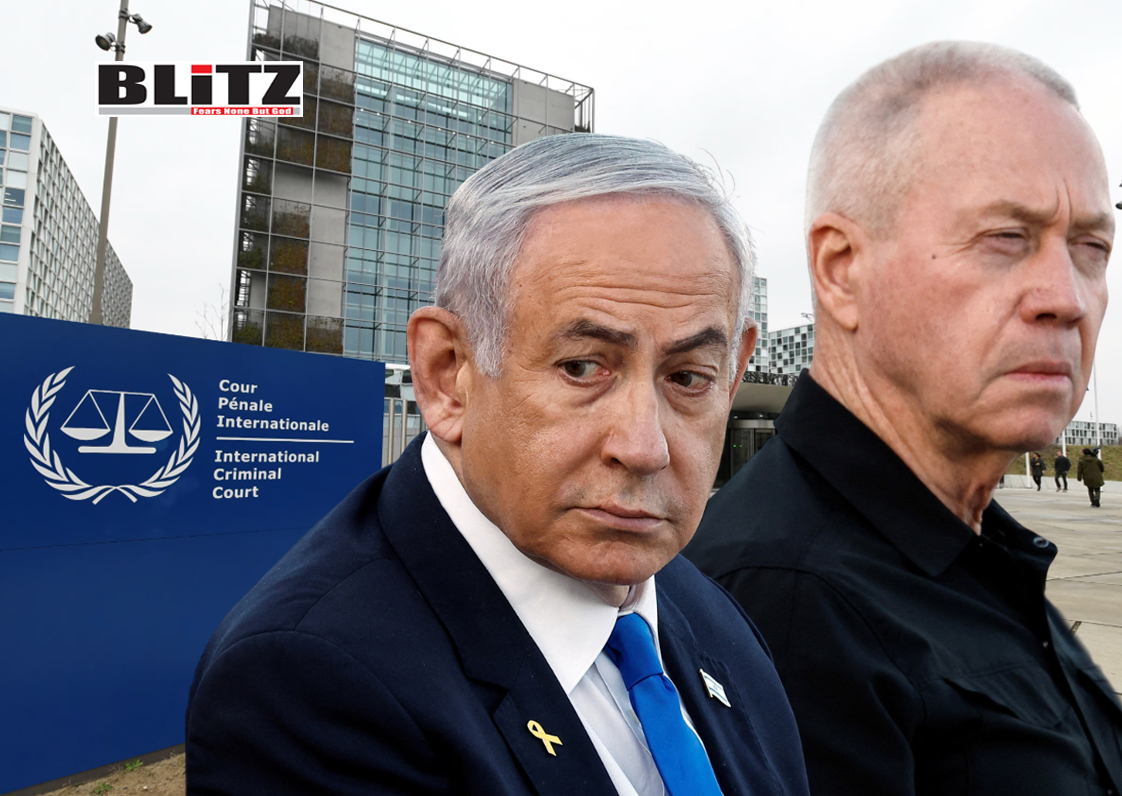

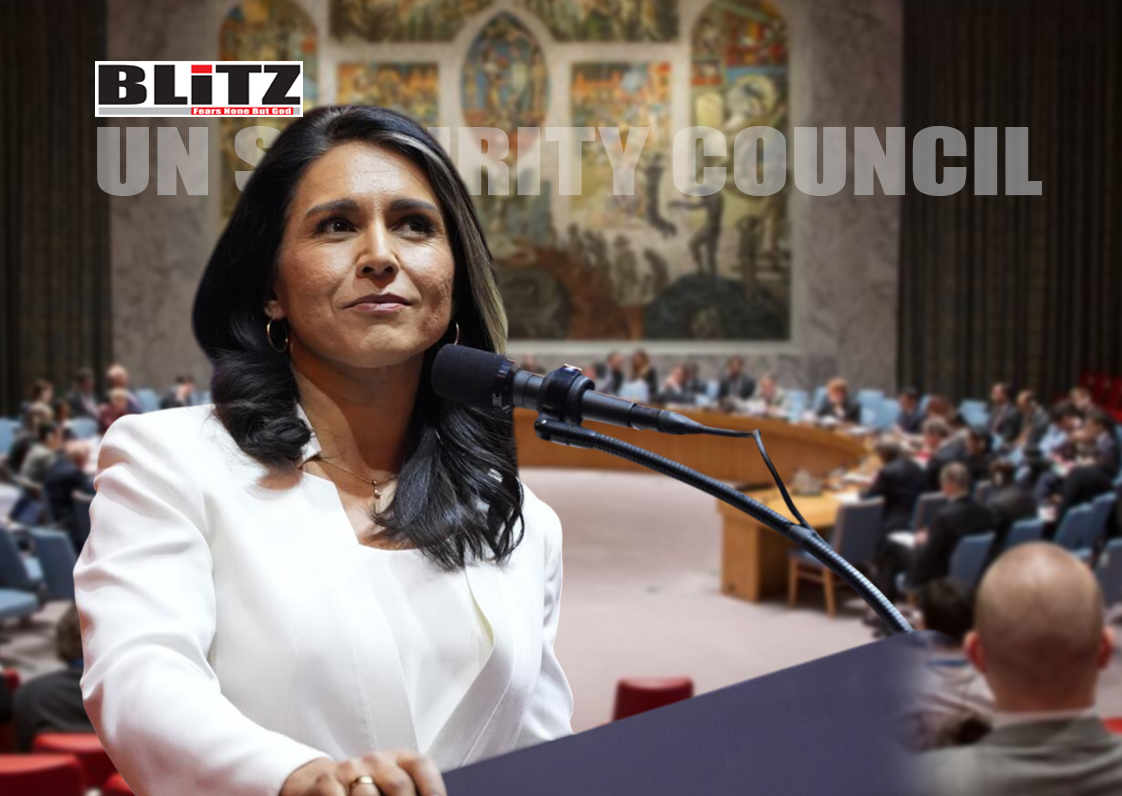



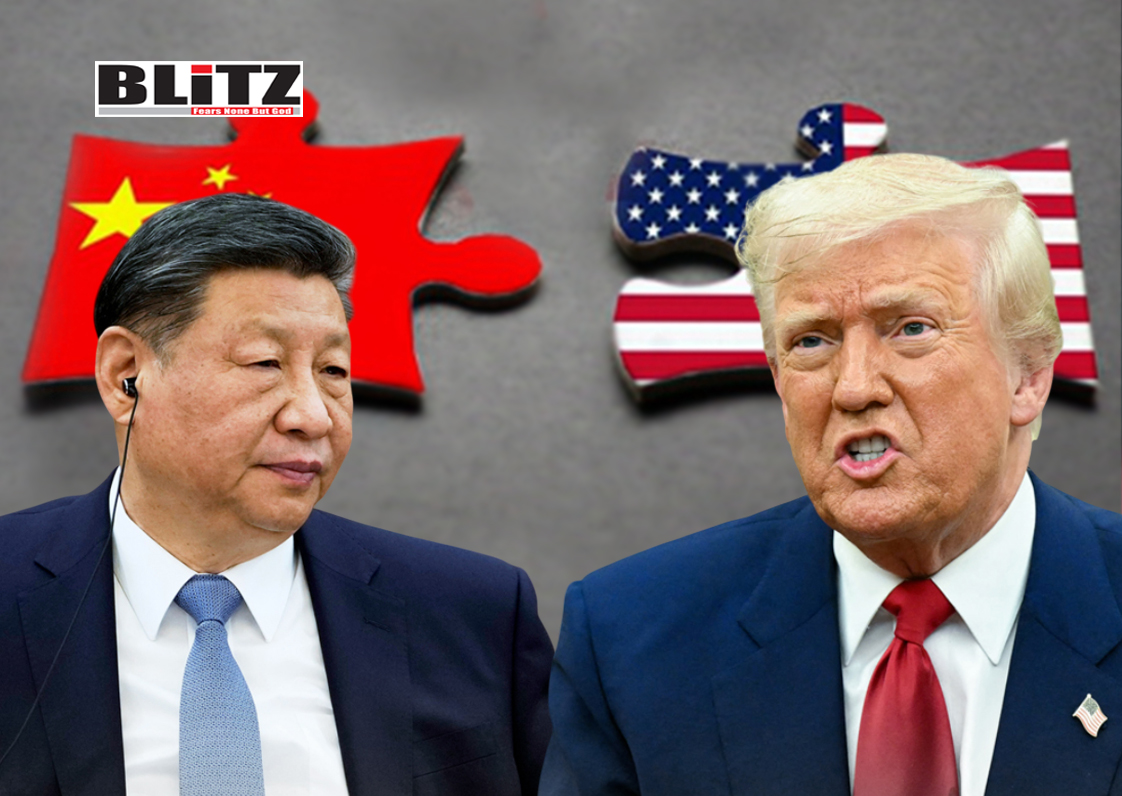


Leave a Reply